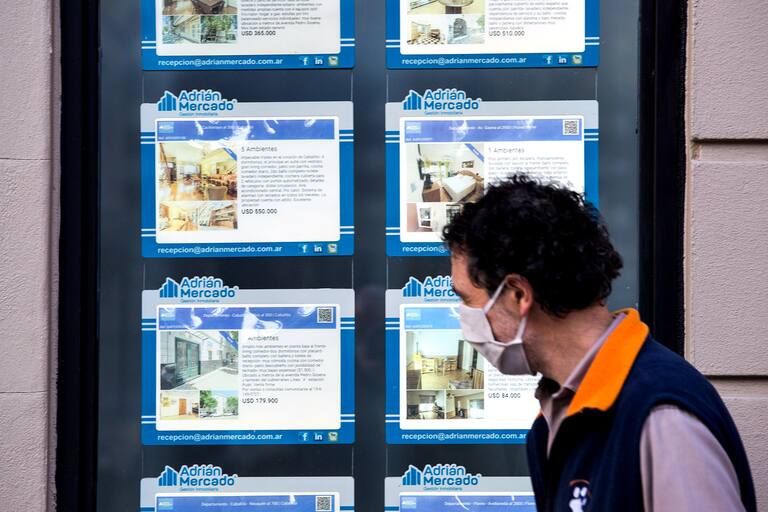gracielle
Registered
- Joined
- Jun 6, 2005
- Messages
- 3,629
- Likes
- 2,985

Alquileres. Los puntos más polémicos de la ley que aprobó el Senado
Alquileres. Los puntos más polémicos de la ley que aprobó el Senado
3 June 2020
Rentals. The most controversial points of the law that the Senate could approve
The rental bill that could be passed tomorrow in the Senate divides the waters between property owners, real estate agents and lawyers, on the one hand, and tenants, on the other.
The first group points out that emergency laws on urban rental matters such as this have a negative effect, because they retract the present and future supply of rental units, since one of the parties - the owners - faces more risks. And this, paradoxically, then affects tenants because rents increase.
Meanwhile, tenant associations highlight the fact of having specific legislation after 36 years (the last was Law 23,901 in force until July 31, 2015 when the new Civil and Commercial Code came into force) and with a system of update of target prices , among other things.
Here are the various points under discussion...

Alquileres. Los puntos más polémicos de la ley que aprobó el Senado
Alquileres. Los puntos más polémicos de la ley que aprobó el Senado

